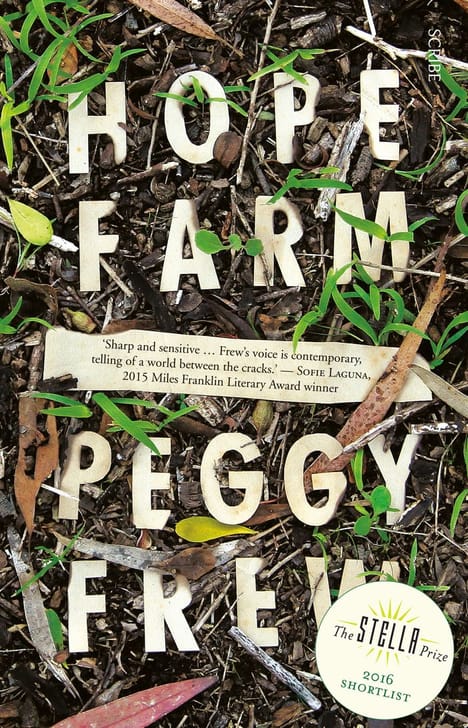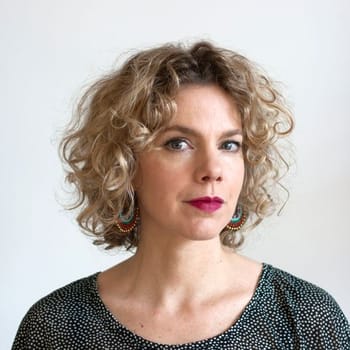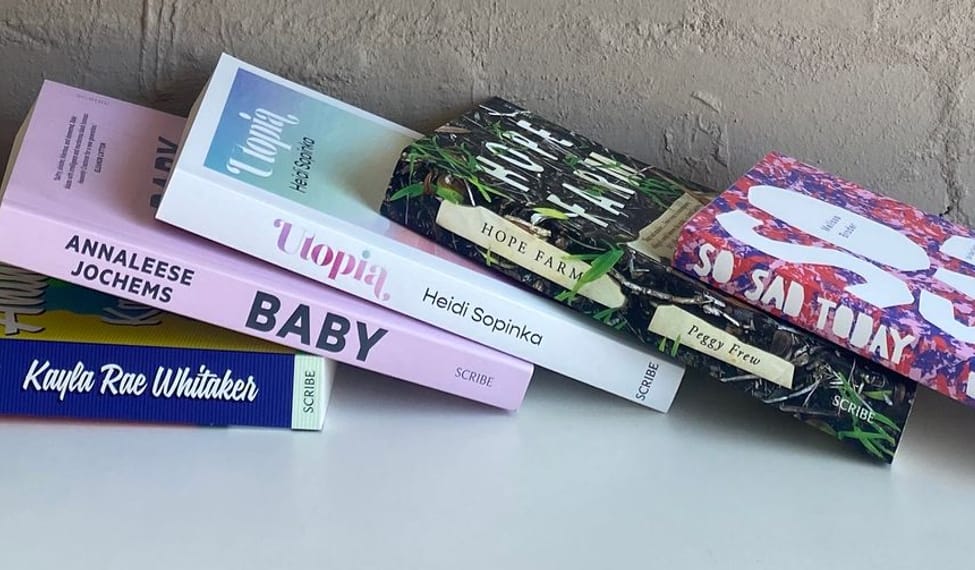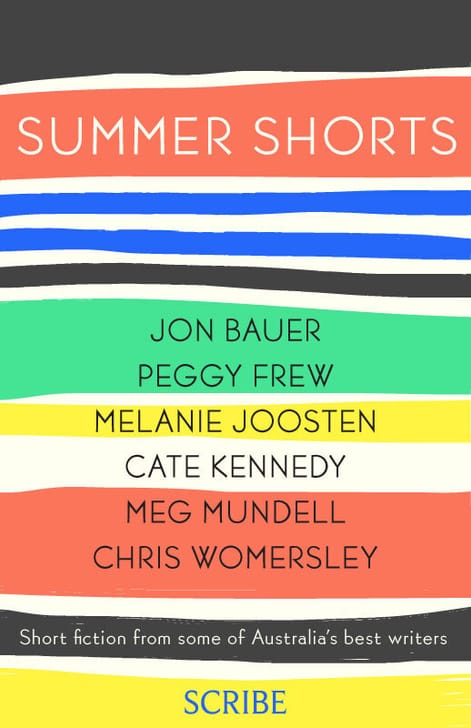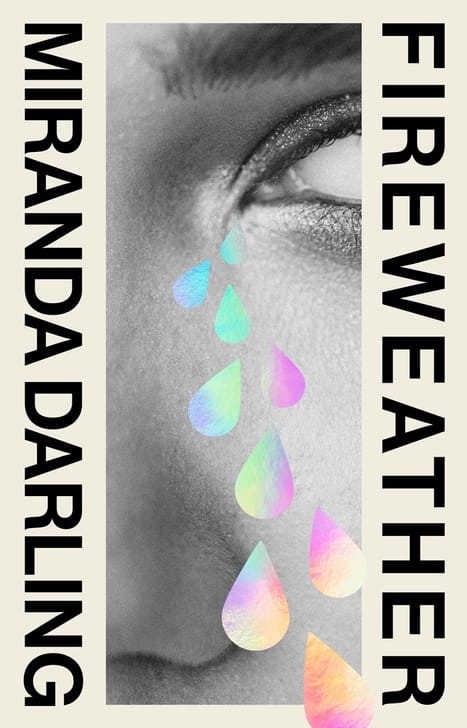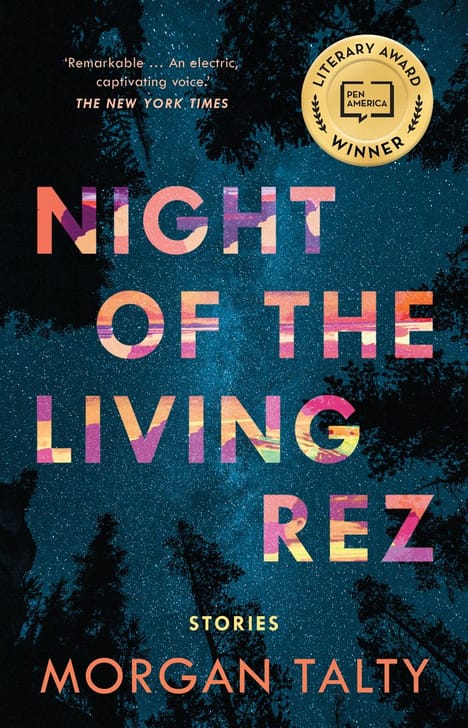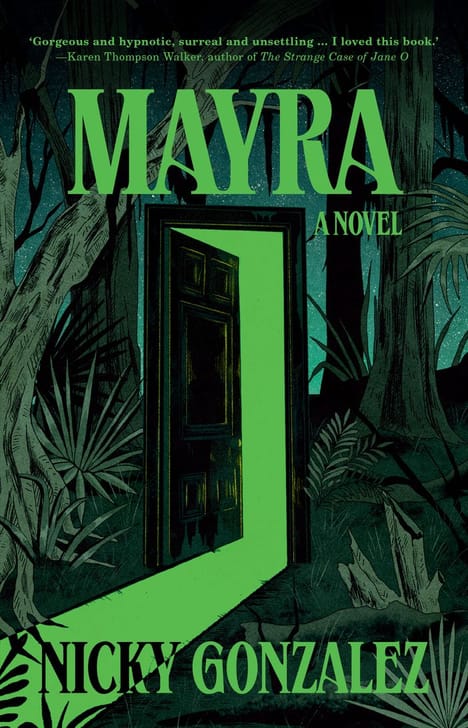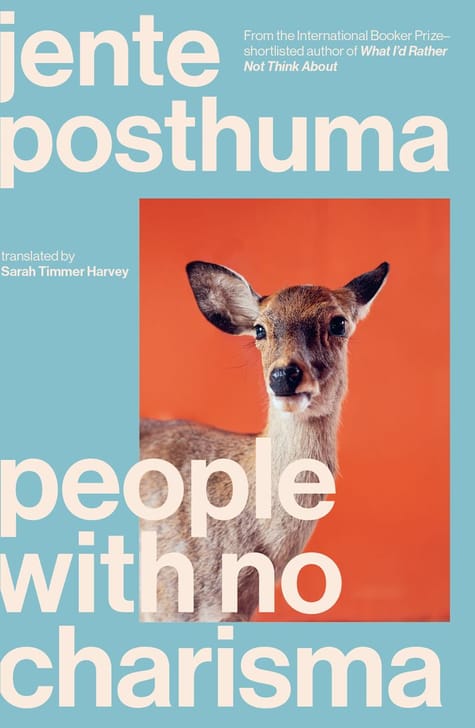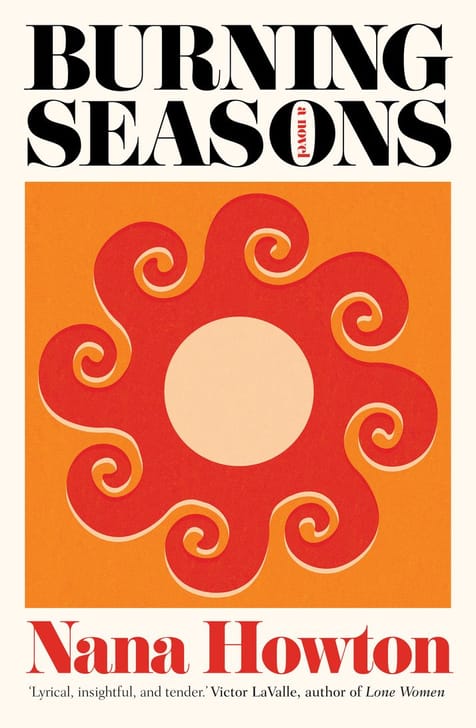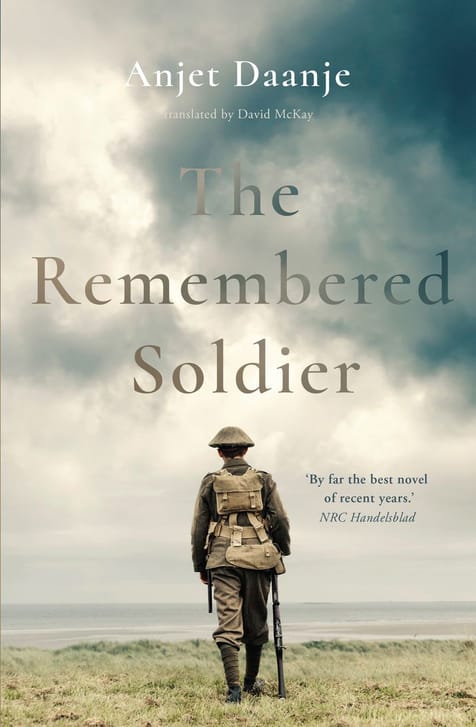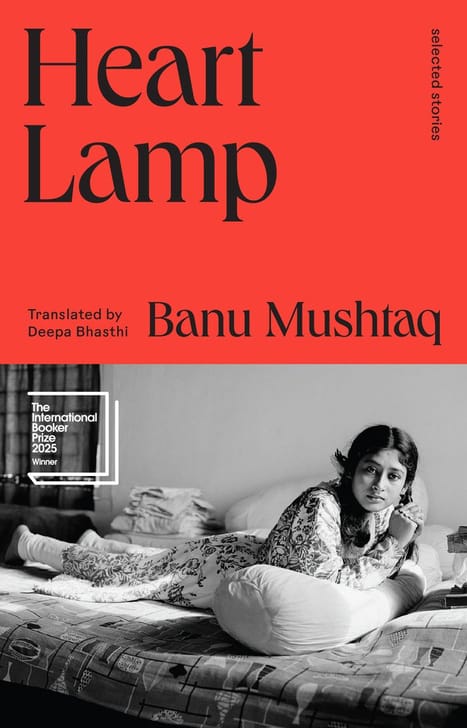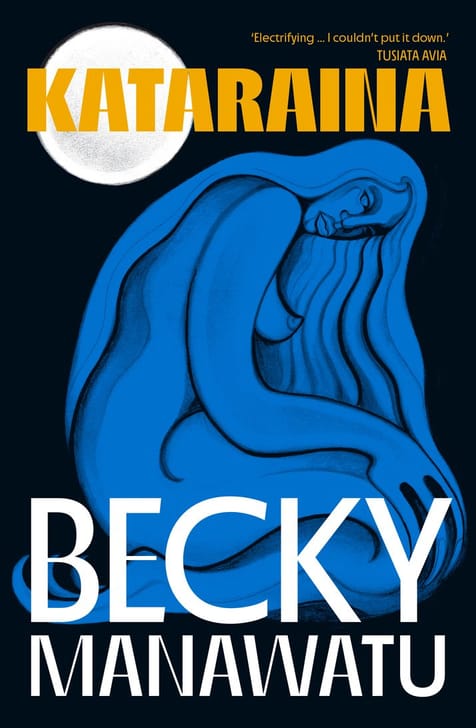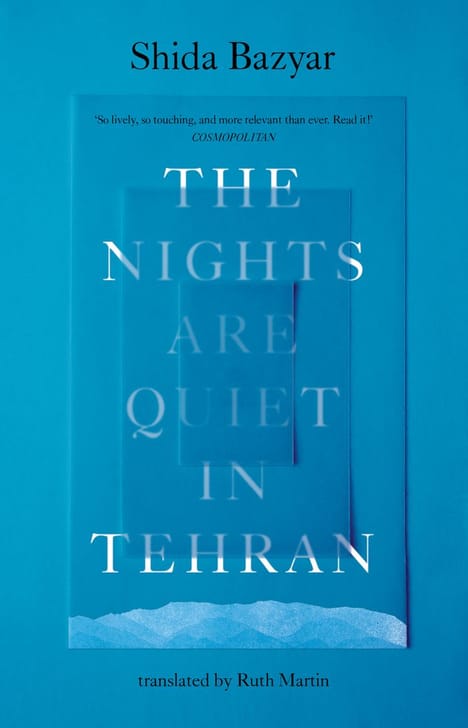Hope Farm
Overview
'They were inescapable, the tensions of the adult world — the fraught and febrile aura that surrounded Ishtar and those in her orbit, that whined and creaked like a wire pulled too tight.'
It is the winter of 1985. Hope Farm sticks out of the ragged landscape like a decaying tooth, its weatherboard walls sagging into the undergrowth. Silver's mother, Ishtar, has fallen for the charismatic Miller, and the three of them have moved to the rural hippie commune to make a new start.
At Hope, Silver finds unexpected friendship and, at last, a place to call home. But it is also here that, at just thirteen, she is thrust into an unrelenting adult world — and the walls begin to come tumbling down, with deadly consequences.
Hope Farm is the masterful second novel from award-winning author Peggy Frew, and is a devastatingly beautiful story about the broken bonds of childhood, and the enduring cost of holding back the truth.
Details
- Format
- Size
- Extent
- ISBN
- RRP
- Pub date
- Paperback
- 210mm x 135mm
- 352 pages
- 9781925106572
- AUD$32.99
- 23 September 2015
Categories
Awards
- Longlisted for the 2016 Indie Book Awards
- Shortlisted for the 2016 Stella Prize
- Longlisted for the 2016 The Australian Book Industry Awards - General Fiction Book of the Year
- Shortlisted for the 2016 Miles Franklin Award
- Shortlisted for the 2016 Australian Book Design Association Awards, The Inkerman & Blunt Best Designed Literary Fiction Book
- Longlisted for the 2017 International Dublin Literary Award
- Winner of the 2016 The Barbara Jefferis Award
Praise
‘Peggy Frew is an amazing writer and Hope Farm is a great novel that captures the pleasures and difficulties of being both a parent and of being a child. The complex story of Silver and Ishtar and their fraught relationship is beautifully written, acutely observed and, best of all, completely absorbing. I could almost feel the crisp Gippsland mornings, hear the birds warbling and smell the stale dope smoke. Hope Farm is elegant, tender and very wise.’
‘[E]legiac, storied … aligns itself with other novels in which children — out of rashness, anger or even ignorance — act out to terrible consequences. As with Briony in Ian McEwan’s Atonement or Leo in L.P. Hartley’s The Go-Between, these decisions are usually compounded by circumstance … Frew does not want to pass judgment though. She understands that the sadness of childhood is to grow up in circumstances over which you have little or no control.’
